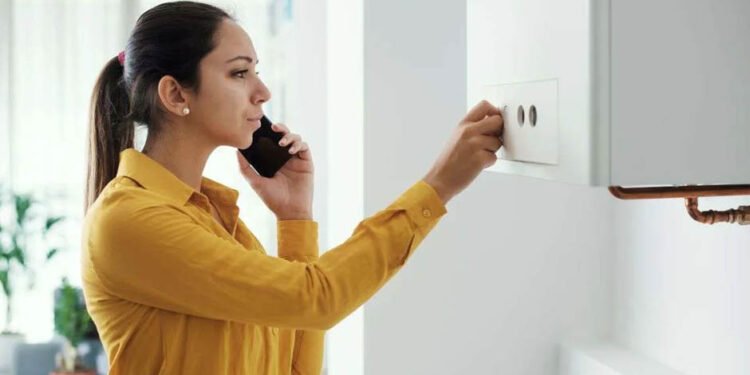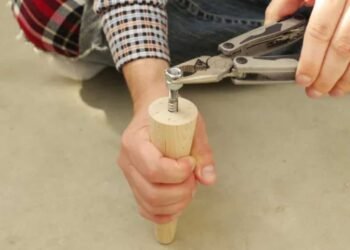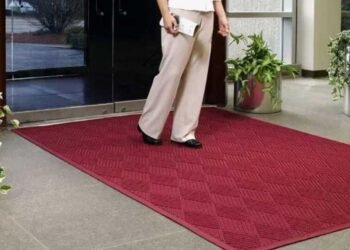Boilers, while they may seem a somewhat dull topic, are integral in many ways. They are key to energy efficiency and can help increase the value of your home. Advice from the government states that taking energy-efficient measures such as upgrading your boiler can make a significant difference when it comes to energy efficiency. Here’s a breakdown of what you should consider when choosing a new boiler for your home.
Type of boiler
There are several types of boilers you can choose from, including gas, oil and LPG (liquid petroleum gas) boilers.
The majority of households in the UK are connected to the nation’s gas network. This means that many have a gas heating system installed with a gas boiler. There are three main types of gas boilers:
- Combi boilers: These provide hot water on demand and are best for small homes or flats with low water demands.
- Heat-only (regular) boilers: These need a cold water tank and hot water storage tank and are better for large homes with higher water demand.
- System boilers: These are similar to regular boilers, however they don’t need a cold water feed tank and have additional components. They’re suited to larger homes with poor water pressure and higher water demand.
There’s been an increasing number of condensing-combination boilers in England in particular, to the extent that in 2019, over 50% of households had one in their homes. Condensing boilers are water heaters generally used for heating systems fuelled by gas or oil.
Size
It’s important to choose the right sized boiler for your home, otherwise, they can be wasteful. A heating engineer will be able to work everything out for you by assessing qualities in your home, such as insulation, the house size and the overall heat loss calculation.
The process generally involves knowing the kilowatts and heating requirements of the rooms in your house, which allows you to select the right heating emitters, like radiators. The size of the boiler you buy should reflect all of this information so that everything is matched up effectively.
Efficiency
These days, A-rated gas and oil-fired boilers are around 90% efficient, which means there’s little room for improvement, apart from looking beyond using a boiler. To avoid complications when adding heat pumps or solar thermal panels, which can cause the water temperature to be off, many opt for a thermal store.
Meanwhile, some are looking into electric boilers as a more environmentally friendly option. You can get electric combi, heat-only and system boilers. Maintaining other parts of your heating system will help with efficiency too. Removing sludge from radiators and bleeding them once a year can help with this.












